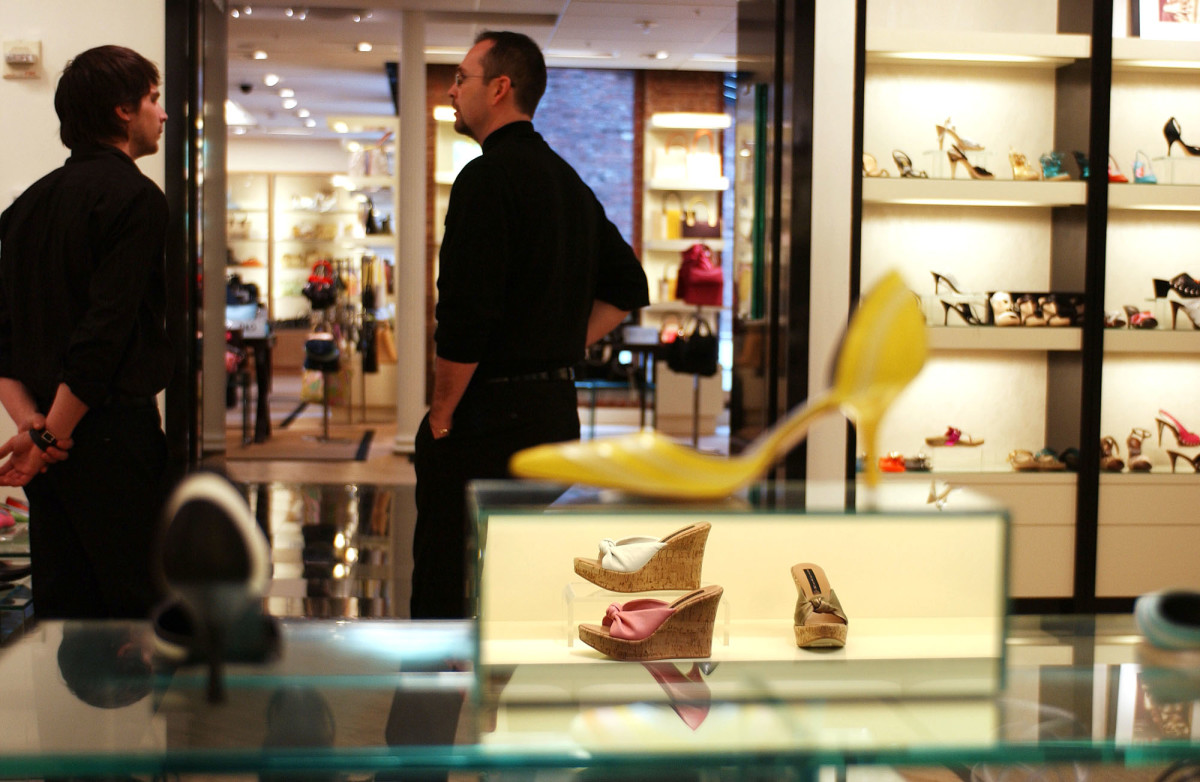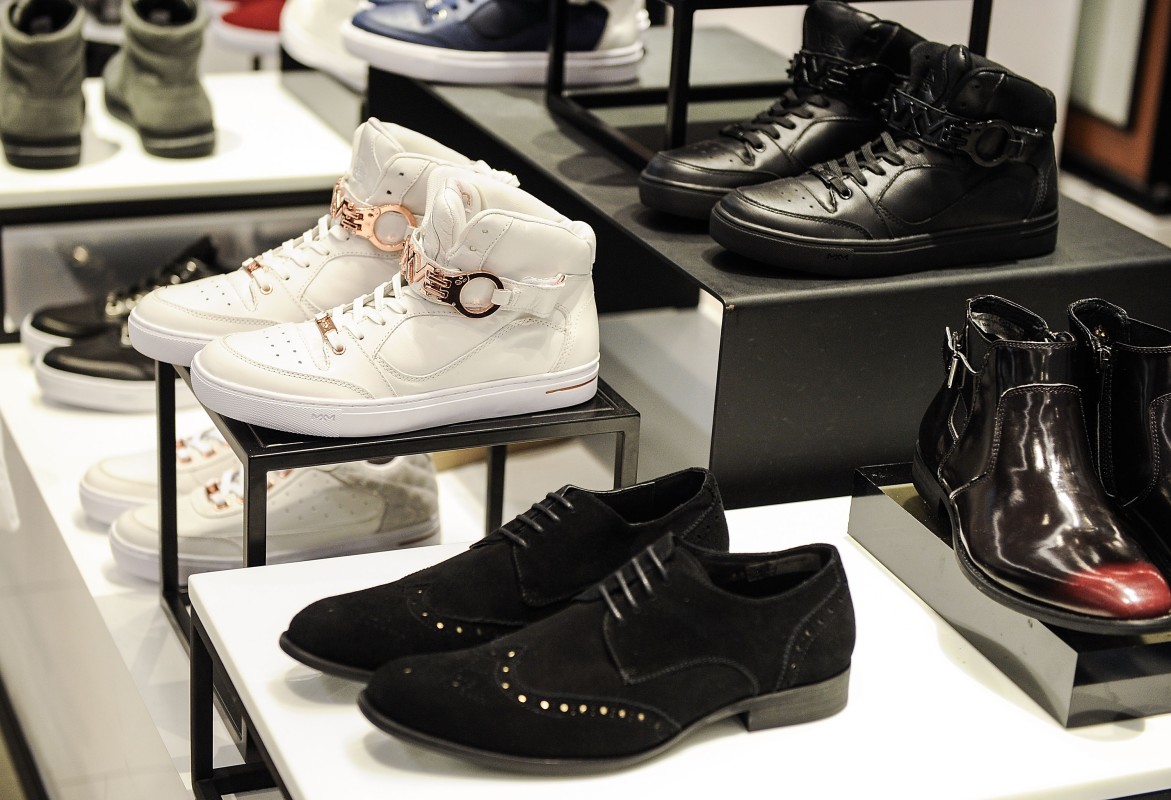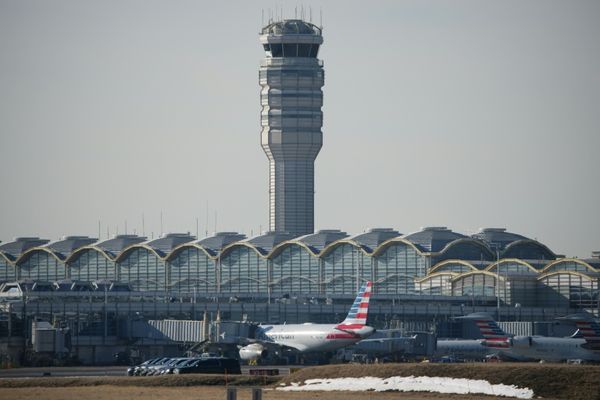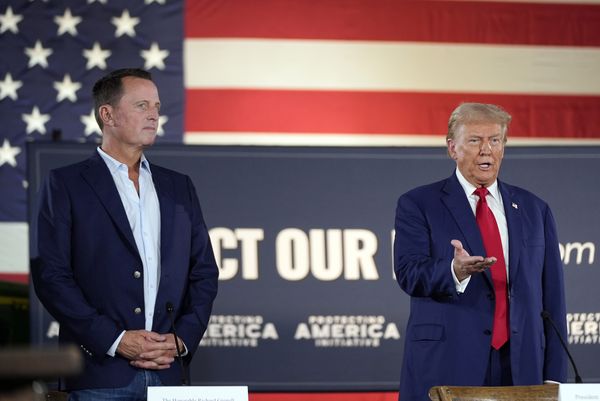
Steve Madden is an American company known for its trend-forward footwear, accessories, and apparel, which it designs, sources, and markets for its namesake brand. In addition to Steve Madden, it also owns other labels, including Dolce Vita, Betsey Johnson, Blondo, and Greats.
To effectively keep up with consumer demand and fashion trends, Steve Madden sources the majority of its products from abroad despite being American-based, just like most fast-fashion companies have done for decades.
💰💸 Don’t miss the move: SIGN UP for TheStreet’s FREE Daily newsletter 💰💸
Many American companies tend to source their products from abroad due to far cheaper manufacturing and labor costs than are the standard in the U.S., allowing them to maximize profits.
Related: Two major fashion handbag brands were just dealt a big blow by the U.S. government
According to its third-quarter earnings report for 2024, Steve Madden reported revenues of $624.7 million, a 13% increase from the $552.7 million it reported in the same period last year.
However, the outcome of this year's U.S. presidential election might lead Steve Madden and many other big retail companies to change their business models if they want to keep their finances in check.

Donald Trump proposes higher tariffs on foreign-imported goods
During his presidential campaign, President-elect Donald Trump said that if he won, he planned to impose significantly greater tariffs on imported goods from China, putting multiple apparel brands that rely on the People's Republic in a tough financial situation.
As Trump stated, this tariff on Chinese imported goods could be 60% or higher, an increase from those during President Joe Biden's term (though Biden's administration has also placed significant tariffs on Chinese exports, including 50% on medical products and 100% on EVs).
Related: E.l.f Beauty launches unexpected deal with a struggling retail store chain
He also said that a tariff of up to 20% would be implemented on all foreign-made goods and threatened a 100% tariff on all Mexican-imported goods.
In Trump's view, heavy tariffs would return manufacturing to the U.S., create more jobs, reduce the federal deficit, and boost the nation's economy.
Although these tariffs are intended to protect domestic industries, economists warn they could also damage foreign relationships between the U.S. and the rest of the world, leading to potential retaliation by those affected and a pricing war that could raise prices for everyone.
Steve Madden announces a slash in its Chinese-imported products
During its third-quarter earnings call, Steve Madden (SHOO) announced it would reduce Chinese imports to avoid paying higher tariffs that could negatively affect its business. The company currently relies on approximately two-thirds of its inventory being imported; of that, 70% comes from China.
The company said it had already planned for this potential scenario in case Trump won the presidential election and would immediately kick this plan into action if needed.
Steve Madden also revealed that for several years, it has planned to build a factory base outside of China to source its products in alternative countries that are more cost-effective, like Mexico, Cambodia, Vietnam, and Brazil.
This could make Steve Madden one of the first large American companies to reduce Chinese imports because of Trump's proposal.
Over the next year, the company plans to reduce its percentage of Chinese-sourced goods to around 40% to 45%, a 25% to 30% decrease from its previous level.
If Steve Madden successfully achieves its plan, only one-fourth of its business will be subject to the potential tariffs on Chinese goods a year from now.
The retail industry and its customers suffer the consequences of higher tariffs
This tariff proposal could be a financial burden for many retail companies, as most of them source their goods from China, where operational and manufacturing costs are less expensive than those in the U.S.
More Retail:
- E.l.f. Beauty launches unexpected deal with a struggling retail store chain
- Here's what you can expect from Macy's Thanksgiving Day Parade in 2024
- Popular beer company buys majority stake in Dwayne Johnson drink
Since not all companies have a preventative plan set in stone like Steve Madden does, changing the structure of a company's business represents a heavy investment, and this could increase prices for the entire U.S. retail industry.
Not only would companies have to invest more in operational costs, but they would, in turn, have to increase their prices to make up for the losses and generate enough profits to stay afloat.
"If we are contemplating a new policy where there are significant tariffs on China, that’s going to have all sorts of wide-ranging implications, not only in the supply chain, but the overall economy, supply and demand impacts in all these countries where we would be sourcing from," said Steve Madden CEO Edward Rosenfeld during the earnings call.
Related: Veteran fund manager sees world of pain coming for stocks







